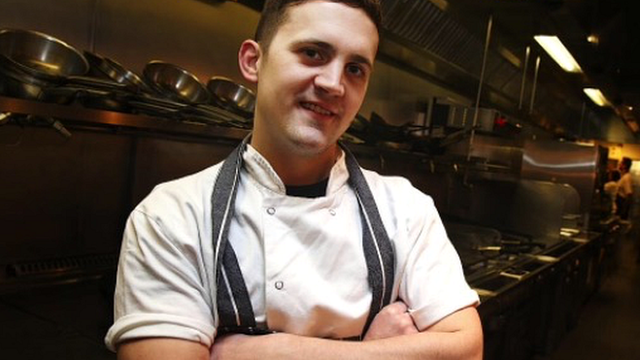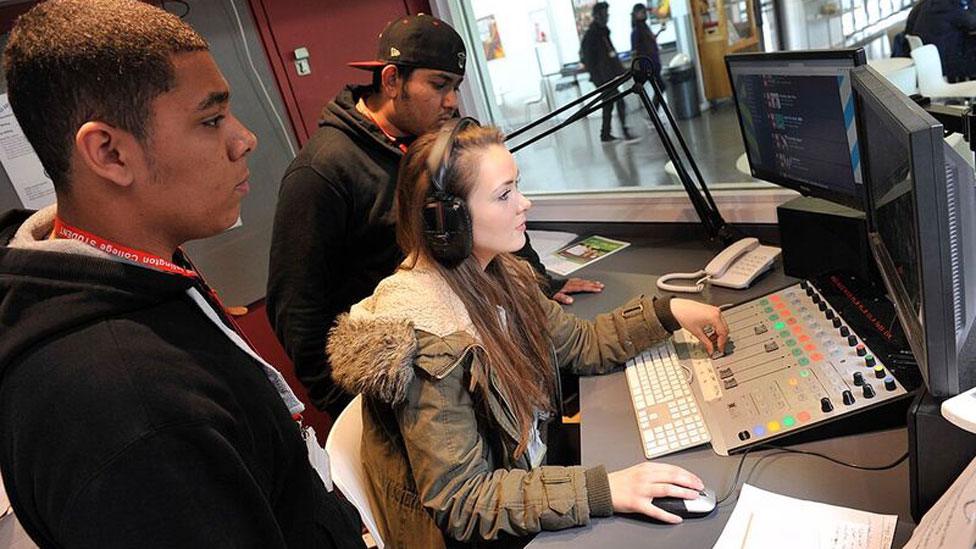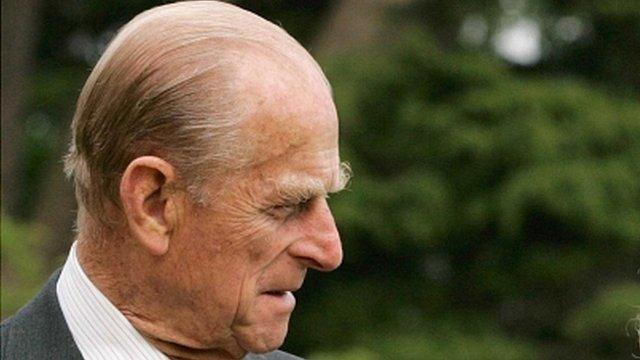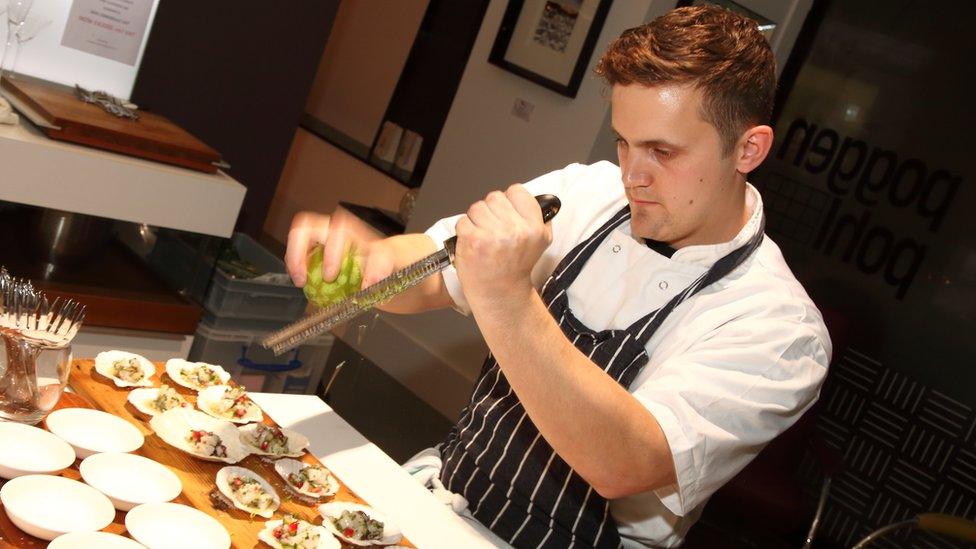Winning a Duke of Edinburgh gold award in prison
- Published

Jon Watts says the award scheme gave him a "template" in prison to change his life
When Jon Watts was camping out for his first Duke of Edinburgh award, it wasn't on a mountainside.
He spent the night in a tent on the artificial grass of a prison football pitch.
It was outward bound, on the inside.
Jon managed to get bronze, silver and gold while serving a six-year sentence for stabbing offences.
He is the only person to have earned a gold award while in prison.
And his story is a long way from any stereotypes of the Duke of Edinburgh Awards being about posh kids getting muddy on expeditions.
'It spirals out of control'
For Jon, the awards provided a "template" and a structure that had been missing. It helped him turn his life around so that now, aged 28, he's running his own business as a chef.
He went to jail at the age of 17 and again at 18, after a time he says when "everything was messy in my life".

The awards are intended to give young people a sense of direction and public service, in a modern setting
"You get sucked in to that whirlpool. It spirals out of control," he says. There was "lots of alcohol and no aspirations".
"Even though part of me wanted to be successful, I didn't know how to go about anything.
"There was a sense of being helpless."
He came across the Duke of Edinburgh Awards in prison in Reading.
It offered something practical that would give him a sense of direction.
'Sense of freedom'
"The biggest things were the teamwork, the confidence building, the self-esteem. It gave me confidence with people, confidence in skills," he says.
He was also involved in a scheme where he was trained to listen confidentially to the problems of other prisoners.

The Duke of Edinburgh set up the awards in 1956
"It might have been a 21-year-old crying about his kids. You learn a lot about people, about empathy. It's quite fulfilling to take that responsibility, when it's in such a dire place."
The expedition for the bronze award meant camping out for the night on the football pitch.
For silver and gold he was able to get outside, with runs in the Chilterns and the Brecon Beacons.
After being cooped up inside, he says, being out in the countryside was "incredible".
"I still have that now, I've a fascination with nature, seeing the rivers and smelling the plants, because I didn't see it for all that time. It's a sense of freedom, even now."
Rehabilitation that works
The idea of keeping running and escaping wasn't an issue. "You were already so far in progressing, you're working towards something."
There might be victims of crime who do not think that prisoners should be enjoying the countryside.
"It depends what you think prison should be," says Jon.
If it's about rehabilitation as well as punishment, he says the Duke of Edinburgh Awards provide a framework to change the worldview of young offenders.

Jon Watts says the awards are more valuable to people in tough situations
It gives them structure and discipline and skills.
Jon says that the awards had more credibility in the rehabilitation process than lessons in "enhanced thinking skills", which he says felt like "nonsense".
Jon learned about cooking and after spells making food for the homeless, went on to work in a Jamie Oliver restaurant and is now working for himself as a caterer for private events.
He says it's disadvantaged youngsters - or young offenders - who really stand to gain the most from the Duke of Edinburgh process.
'Proudest moment'
"If you're posh and have loads of money - and it's just for points for university - you probably don't take that much from it," he says.
But if you're in a more disadvantaged position, he says, there is much more at stake and the prize is much bigger.
"When I think back, the proudest thing for me was when my dad came to the award ceremony. He was at St James's Palace and the duke spoke to me. I'd really grafted."

There are efforts to make the awards available to a wider range of youngsters
Jon's example is being followed by other young inmates. There are about 800 currently working towards awards in prison or other secure settings.
It's part of an effort by the Duke of Edinburgh Awards to reach a wider range of communities.
The charity that runs the awards has announced £3m extra investment, with the aim of getting 70,000 disadvantaged young people per year starting the awards by 2021.
"Every young person can benefit from doing their D of E," says chief executive Peter Westgarth.
"'For all' is one of the charity's founding principles.
"But for a young person growing up in a deprived area, possibly with no qualifications, or facing other disadvantages, achieving a D of E award is life-transforming.
"It's a levelling, positive, life-affirming experience that cuts across generations and gives young people work and life opportunities they will not have had before."